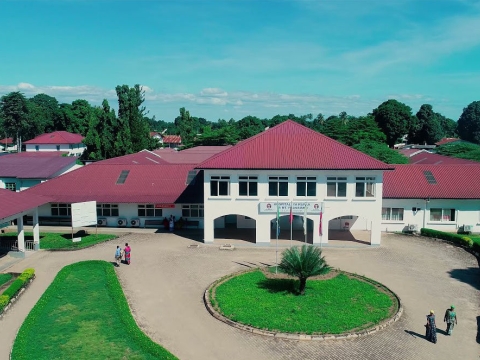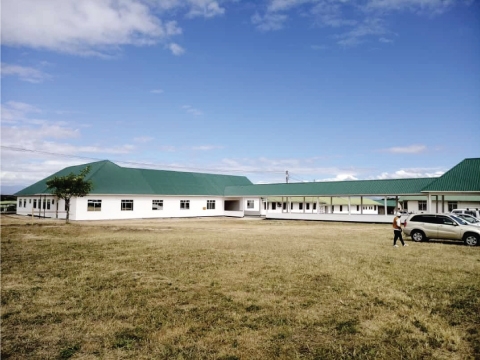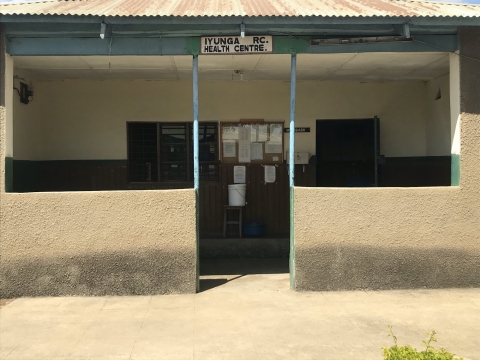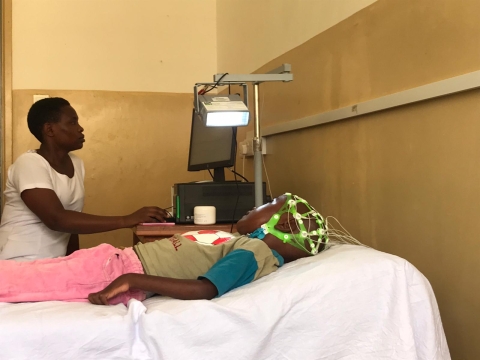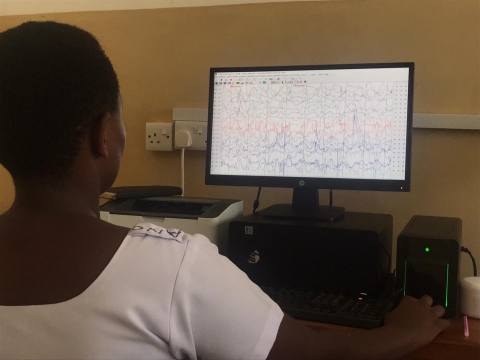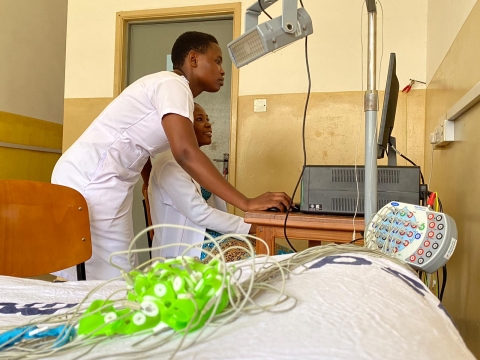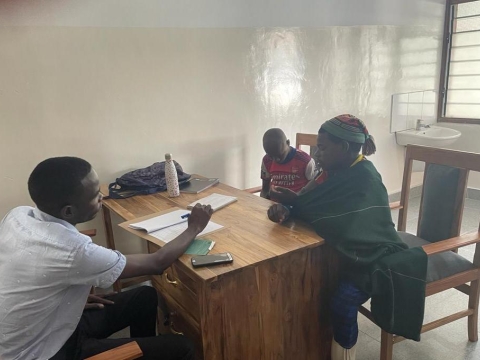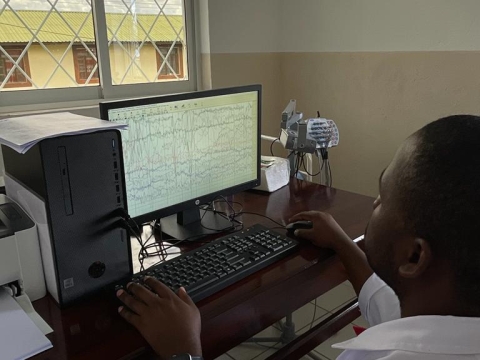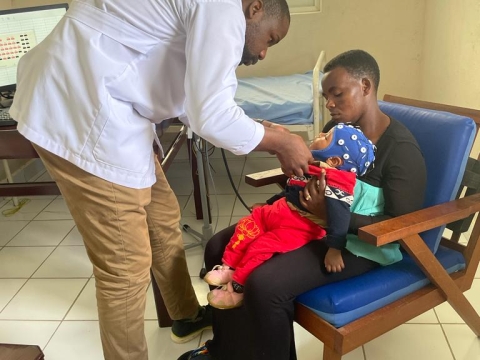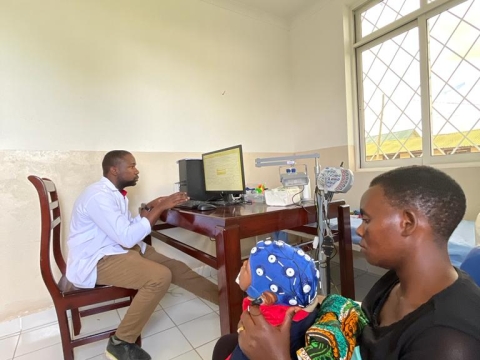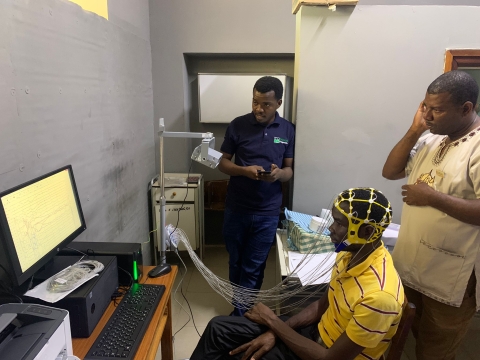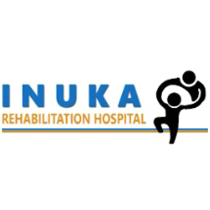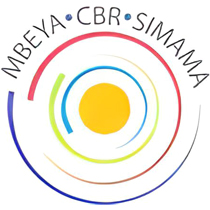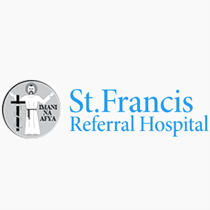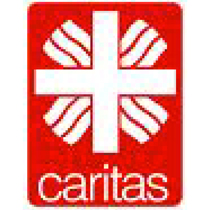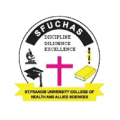Comunità Solidali nel Mondo - ONLUS (Com.Sol)
is an Italian NGO founded in 2007 based in Italy and officially registered in Tanzania as an International Ngo in May 2017.
Com.Sol is operating in Tanzania since 2010, collaborating with others Italian partner associations, Cesc Project and Gondwana, in the regions of Njombe, Mbeya, Dar es Salaam and Ifakara in local partnership, respectively with Dioceses of Njombe, Dioceses of Mbeya and Caritas Development office, Ivrea Sister Congregation, St. Francis Referral Hospital and SFUCHAS University.
Com.Sol promotes development interventions in the fields of health, education, agriculture, and employability focusing on Persons with Disabilities (PWDs).
The most important achievements of these years are the launching of three rehabilitation centers based on CBR (community-based rehabilitation) strategy enrolling more than 7.000 children with disabilities.
According to our experiences in the rehabilitation centers, we have seen many children with disabilities suffering from epilepsy.
The lack of facilities and qualified health workers to treat epilepsy increases the treatment gap and if untreated this disease worsens their quality of life, their psychomotor development, and the efficacy of their rehabilitation treatments.
This disease is even surrounded by misconceptions and a lack of knowledge that led to the rise of stigma and discrimination.
Therefore, we planned a project "Heri walio na Huruma" , funded by the CEI Italian Episcopal Conference (CEI) with the aim of reducing the health and social difficulties that people with epilepsy face in their life.
Our first aim is the launching 3 epilepsy clinics, in Mbeya, Ifakara, and Njombe Region, buying EEG machines, training the medical doctors that will be responsible for the clinics, the health workers of each hospital/center, and caregivers and persons with epilepsy themselves, with the support of doctors from Italy specialized in Child Neuropsychiatric.
The second aim concerns the training of more than 200 health workers in 8 different regions of Tanzania through a cascade-training model led by the SFUCHAS university team about epilepsy management and its protocol.
These activities are led by Professor Senga Pemba, Professor Albino Kalolo and Titus Mashanya.
We hope it can be a model and lead to a national strategic plan for mental health, substance abuse, and neurological disorder.
The third aim of the project concerns a national campaign to promote awareness and knowledge to fight against the stigma of epilepsy among the community through different channels (television, radio, and social media).
As part of the CBR strategy, our goal is to improve the quality of life of persons with disabilities, and in particular, the ones suffering from epilepsy and their families, to promote their inclusion within the community and reduce the treatment gap by improving the quality of the Tanzanian health system.



